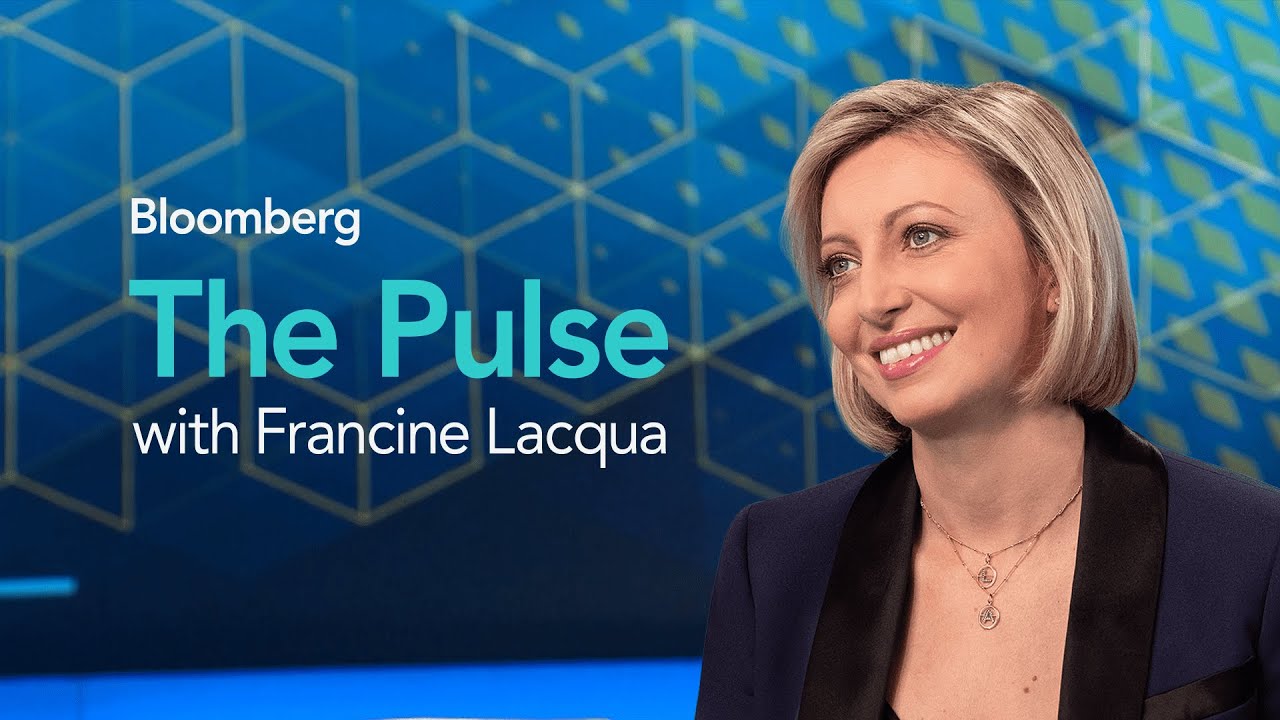The Bloomberg Pulse segment highlights escalating trade tensions between the U.S. and EU, including retaliatory tariffs and uncertainties in negotiations, alongside NVIDIA’s resumed AI chip sales to China signaling a shift in U.S.-China trade relations amid China’s strong economic growth and dominance in critical minerals. It also covers geopolitical developments such as potential U.S. tariffs on Russia, regulatory challenges for social media, and cautious optimism in global financial markets facing ongoing economic and geopolitical uncertainties.
The Bloomberg Pulse segment opens with a discussion on President Trump’s approach to trade negotiations, particularly with the European Union. Despite threatening new tariffs, Trump signals openness to further talks, leaving European negotiators uncertain about the U.S. intentions. The EU has responded by finalizing a list of retaliatory tariffs targeting U.S. goods such as cars, bourbon, and Boeing aircraft, reflecting tensions and the risk of a trade war. Analysts highlight the complexity of the situation, noting that while markets have yet to fully react to tariff impacts, inflation and economic growth data suggest underlying vulnerabilities that may surface in the coming months.
A significant development covered is NVIDIA’s announcement that it expects to resume sales of its H20 AI accelerator chip to China, following assurances from the U.S. government. This marks a notable reversal from earlier restrictions imposed by the Trump administration and signals a potential thaw in U.S.-China trade relations. The segment underscores the strategic importance of this move for NVIDIA’s revenue and the broader implications for technology supply chains amid ongoing geopolitical tensions. China’s economy also showed stronger-than-expected growth in the second quarter, supported by robust domestic demand and increased exports of rare earth metals critical for advanced technologies like AI and defense.
The discussion then shifts to China’s dominant position in the global critical minerals market, particularly rare earth elements essential for manufacturing high-tech products. Experts explain that China’s control over refining and supply chains gives it significant leverage in international trade and diplomacy, complicating efforts by the U.S. and EU to reduce dependency. Despite investments in domestic production, Western countries face a long road to achieving supply chain independence. This dynamic creates a complex interdependence between the U.S. and China, especially in the race for AI advancement, where both rely on each other’s strengths in chips and raw materials.
The segment also covers geopolitical tensions, with President Trump threatening 100% tariffs on Russia if it does not cease hostilities in Ukraine within 50 days. This escalation reflects growing frustration with the conflict’s persistence and highlights the U.S. strategy of using economic pressure as leverage. Meanwhile, European officials are preparing to engage with Elon Musk’s X platform following controversies over antisemitic content, illustrating the broader challenges of regulating emerging technologies and social media platforms amid political sensitivities.
Finally, the program touches on financial markets and economic outlooks. London’s financial sector awaits key announcements from the UK Chancellor aimed at boosting investment and homeownership amid recent market jitters. Japanese banking leaders express cautious optimism despite trade uncertainties, emphasizing the importance of the U.S. as a trading partner. Wall Street’s major banks are poised to report earnings with mixed expectations, reflecting optimism about trading revenues but concerns over investment banking amid ongoing macroeconomic and geopolitical uncertainties. Overall, the segment paints a picture of a global economy navigating complex trade disputes, technological competition, and geopolitical risks.
